Confucius 孔夫子, one of the great Chinese thinkers, was known to always carefully straighten his mat before he sat down.
Why?
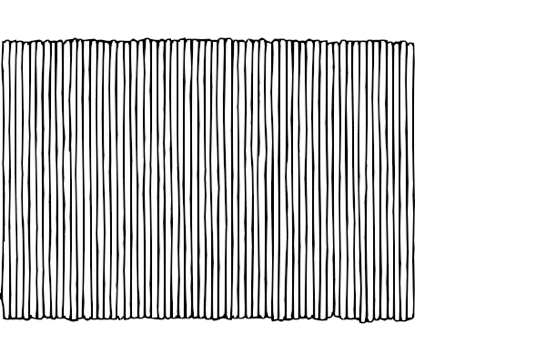
Virtue – from inside to outside
Living in a time of political turmoil Confucius wondered how to create a better society. His answer was that we do not need an elaborate system of rules. What we need is people – and in particular leaders – with a good character. Instead of telling others what to do…
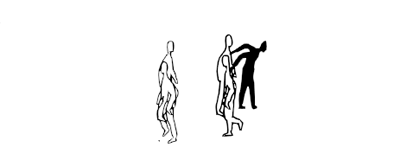
… we can start with ourselves.
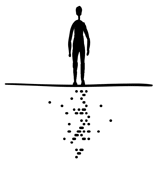
And become a noble person.
The highest virtue of such a noble person is to be kind to others. Similar to Plato and Aristotle – but a little earlier – he advocated a sort of virtue ethics.
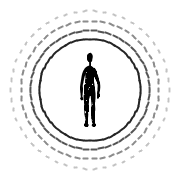
We can create a better society by cultivating our own character. Through our actions these virtues will then spread outwards to others.
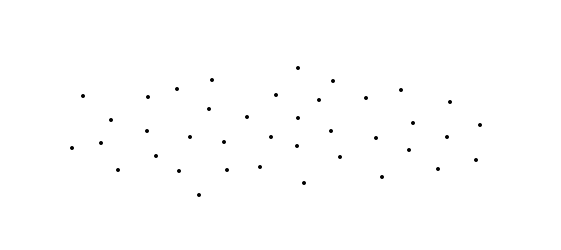
When we develop a noble character this will have an impact on our family relations and gradually affect larger communities, even the state.
Ritual – from outside to inside
This also works the other way around, Confucius said. Good actions and rituals will improve our own character. As a consequence we should be very careful not only about what we do but also about how we do it.
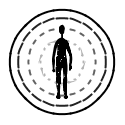
Paying attention to how we do things makes us better.
When we learn that Confucius always carefully straightened his mat before sitting down, we should not misinterpret this as compulsive behaviour! These things matter. It is through these little daily actions that we can cultivate a good character.

Whether we clean our desks after work, carefully arrange the ingredients before we start to cook or properly prepare the room before a meeting – how we do these things shapes who we are.

We can strengthen our character through rituals (li 禮) in our daily lives.
Religious rituals
Confucius even went beyond daily rituals and asked us to follow religious rituals. This is strange coming from a person who was not religious at all. Why would an avowed agnostic like him put such emphasis on the conduction of religious rituals?
He doesn’t ask us to believe in the existence of supernatural spirits but to act as if they existed.
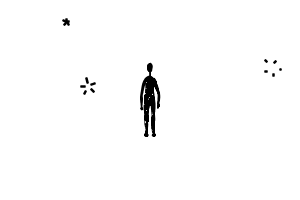
Feng Youlan 馮友蘭 explains this contradiction between knowledge and action with an example from the Book of Rites 禮記. It is about how to deal with the death of a loved one:
Confucius said, ‘In dealing with the dead, if we treat them as if they were entirely dead, that would show a lack of affection, and should not be done; or, if we treat them as if they were entirely alive, that would show a lack of wisdom, and should not be done.’ – Book of Rites 禮記, Tan Gong I 檀弓上, 74
When we mourn a loved one we have to serve rational and emotional aspects of our mind. It is impossible to only understand in a rational way that this person is gone forever and simply move on with our lives. We have to acknowledge our emotional needs as well. Ritual ceremonies can contribute to this process.
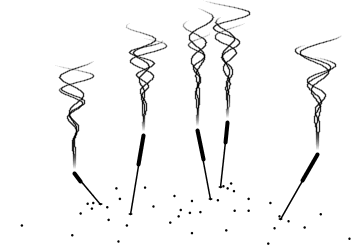
Feng Youlan makes an interesting distinction between religion and poetry. He describes rituals as religious when we actually believe in supernatural spirits. On the other hand they are poetic when we act as if they existed, although we know they don’t.
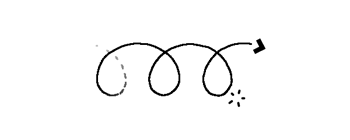
Just like the little rituals in our daily lives, religious rituals can help us cultivate our ethical demeanour, even if we are not religious at all.
What can we learn from this?
If we want to change or improve how we are, we should understand that it is not just the actions themselves but also how we go about them. How we greet someone at the door, how we brush our teeth or arrange our desk can make all the difference. With these little rituals we can “set the mood” for good behaviour.
Even if we are not religious at all, we can find value in religious rituals since they can supplement our rational minds.
What are your daily rituals?
If you want to dig deeper
- Norden, B: Introduction to Classical Chinese Philosophy
- Feng Youlan: A Short History of Chinese Philosophy
- The Analects 论语
- Book of Rites 禮記
Before you go
If you enjoyed this article, then subscribe to my mailing list to receive more animated stories!

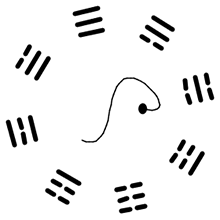

8 comments On Confucius – Why we need rituals
This is beautifully done. Thanks Ralph
Pleasing to the eyes and illuminating to the mind. Something I will be applying in my life. Thnk you.
Thank you for sharing this in a way that is easy to understand and keeps me engaged
Very pleasing to mind and eye. Well told and beautifully illustrated – Thanks
Pingback: Vol.20210919:后退一步不是认输,是为了重新选择方向 - 产品沉思录 · Product Thinking ()
This was beautiful and enlightening, thank you so much, I will definitely dig deeper in Chinese philosophy
I have understood I should draw each day, but never make the time. I think I sabotage myself, fearing not good enough. I am going to do it, rather than THINK I should do it. you gave some good motivation thoughts.
Some people say that doing things that, to me, don’t seem practically necessary, is a way of “building character”. But I don’t really understand how cultivating a discipline of doing things, like straightening the mat, makes someone a better person. I may be reading too much into it, but it even seems to me like a way for some to view themselves as superior to others, just for adopting apparently strange rituals. Would you disagree?